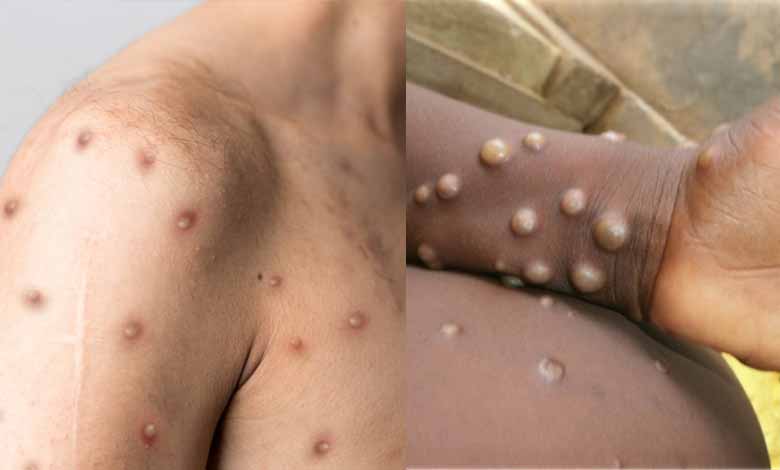Hyderabad on High Alert as WHO Declares Mpox a Global Health Emergency
In 2024 alone, Africa reported 17,500 Mpox cases, resulting in 460 deaths. This alarming surge prompted the WHO to issue the PHEIC status, highlighting the need for global vigilance.

Hyderabad: The World Health Organization (WHO) has declared Mpox, formerly known as monkeypox, a Public Health Emergency of International Concern (PHEIC) following a significant rise in infections across Africa.
With Hyderabad being a popular destination for African students pursuing higher education, raising public awareness about the viral infection has become crucial.
In 2024 alone, Africa reported 17,500 Mpox cases, resulting in 460 deaths. This alarming surge prompted the WHO to issue the PHEIC status, highlighting the need for global vigilance.
Understanding Mpox
Mpox is a viral zoonotic disease with symptoms similar to smallpox but with less clinical severity. It is caused by the monkeypox virus (MPXV), first identified in 1958 during an outbreak in research monkeys. The first human case was recorded in 1970 in the Democratic Republic of Congo, and the virus is now endemic in several Central and West African countries. The disease first spread beyond Africa in 2003, with an outbreak in the USA.
Severity and Transmission
There are two known clades of Mpox in Africa. Clade I, endemic to Africa, has a mortality rate of 10%, making it the more severe variant. Clade II, also endemic to Africa, has a lower fatality rate of 0.1%.
Unlike airborne diseases like Covid-19, Mpox primarily spreads through direct contact with infected individuals, including sexual contact or close interaction with lesions. Therefore, avoiding direct contact with infected persons and practicing safe sexual behavior are key measures to prevent the virus’s spread.
Advisory for Healthcare Providers
Healthcare professionals in Hyderabad are advised to be vigilant in identifying potential Mpox cases, particularly among patients presenting flu-like symptoms, skin lesions, and recent travel history to African countries. Doctors should monitor for symptoms such as swollen lymph nodes, fever, headaches, body aches, and skin rash, which typically appears 1-3 days after fever onset.
As Hyderabad continues to be a hub for international students, public awareness and preventive measures are essential to contain the spread of Mpox in the community.
